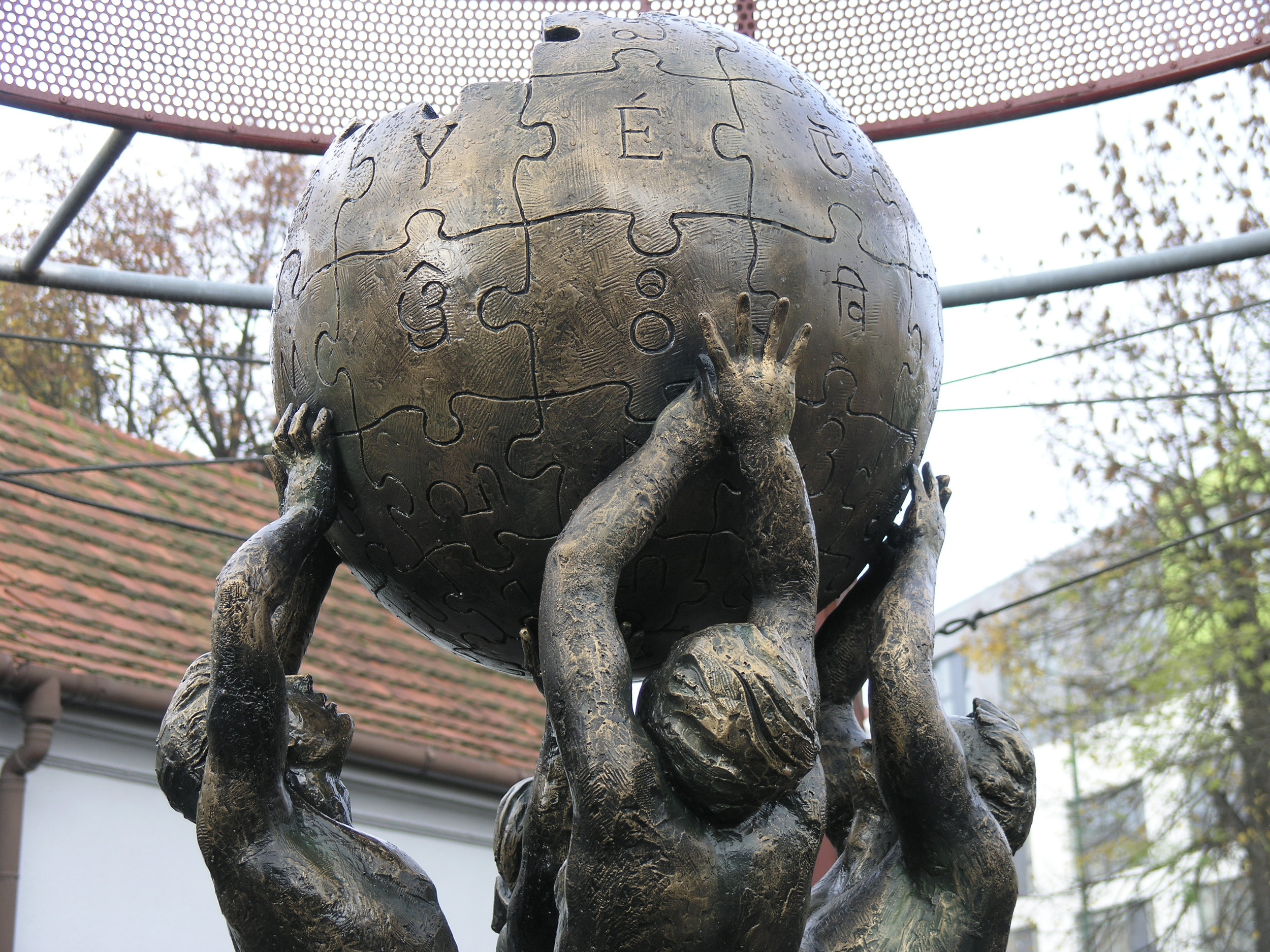Is Wikipedia humanity's greatest achievement?
Is Wikipedia humanity’s greatest achievement?
Wikipedia is the ubiquitous online encyclopaedia; accessible in 300 different languages, with 46 million articles accessed by 1.4 billion people every month, and an army of 200,000 editors and contributors patrolling the fifth-most popular website worldwide. For free. The editors volunteer their time, the contributors share their knowledge with no expectation of payment, and the site itself is accessible for nothing at all; owner Wikimedia, a charitable foundation, runs Wikipedia entirely on donations.
If you want some information, the first place you’ll go is Wikipedia. Anyone can contribute—if you know the Latin name of every species of palm tree in Malaysia and you’re willing to spend your time sharing that online, then you can. All you need is access to the internet, and citations. Wikipedia has a strict editing process and requires all information to be cited so readers can be confident the information provided is accurate. The editors are stringent for a reason; they are constantly questioning and checking the facts to keep the site accurate and up-to-date in a world where we demand 100 percent accuracy in real time. Mess with the site and it’ll last an hour at most, according to John Lubbock, communications coordinator at Wikimedia UK. That’s not to say some edits aren’t hilarious. Little jokes may seem harmless, but they get taken down just as rapidly as any other inaccuracy—the integrity of the information is prioritised.
And it’s this protectiveness that makes Wikipedia one of humanity’s greatest achievements. What museum has escaped graffiti tags on its exterior; what archaeological site remains litter-free; and what textbook can boast pristine doodle-less pages? The ability for anyone, anywhere to edit Wikipedia entries at any time should have given rise to widespread vandalism. Instead, Wikipedia has inspired people around the world to protect accuracy—take Bryan Henderson, a Wikipedia editor who has dedicated his Sundays to the internet-wide extermination of the phrase ‘comprised of’. He even created a page to explain why he does this—comprising an essay of 6,000 words. Henderson has now made over 47,000 edits to the site since 2007 to address his linguistic pet peeve. In total, Wikipedia says its 5,721,676 articles have been edited 856,186,932 times.
The prolificity of edits has given rise to the misguided perception that the site is unreliable; if anyone can edit, how can we trust the information? You can trust Wikipedia as much as you’d trust anyone—Wikipedia is not a source of information, it’s a summary. Every entry must be cited, with citations leading to verifiable primary sources on the internet or printed in books and magazines. Wikipedia is not the ‘Wild West of the internet’; it’s a collaborative effort to educate. It self-governs and relies on its community; it’s not immune to fake news and hacker bots, but efforts to spread misinformation are tackled by the army of dedicated editors around the world. Just as no page is immune to fallacy, no edit is immune to a second edit, and a third, and fourth. If you disagree with an edit, make your own—or use the Talk tab at the top of any page to join the discussion between editors and debate the changes. And you can join the fun whenever you feel like it; Wikipedia has removed all barriers to participation. You could start on George W. Bush’s entry—his is the most heavily edited article ever.
The more people use it, the better Wikipedia becomes. It is global and in every language, including Esperanto and Klingon. It is completely free and easily accessible, offering human knowledge at your fingertips at any time. This unfettered access to information makes us more inquisitive, more thoughtful—when we say ‘I don’t know, Google it’, we really mean ‘Wikipedia it’. The information is limitless, knowledge is unimpeded and one link leads to another ad infinitum. There is no limit to what you can learn and when knowledge circulates freely, good things tend to happen. The advent of the printing press saw the scientific revolution, the Renaissance and the incentive to read and write to the masses. What progress will we see with such a repository as Wikipedia at our fingertips?










I left the love of my life today. The love affair is over and this is the saddest I’ve ever been. My husband rolls his eyes at my dramatics and raises his coffee cup in the most sardonic salute ever: I’m giving up coffee for Lent.